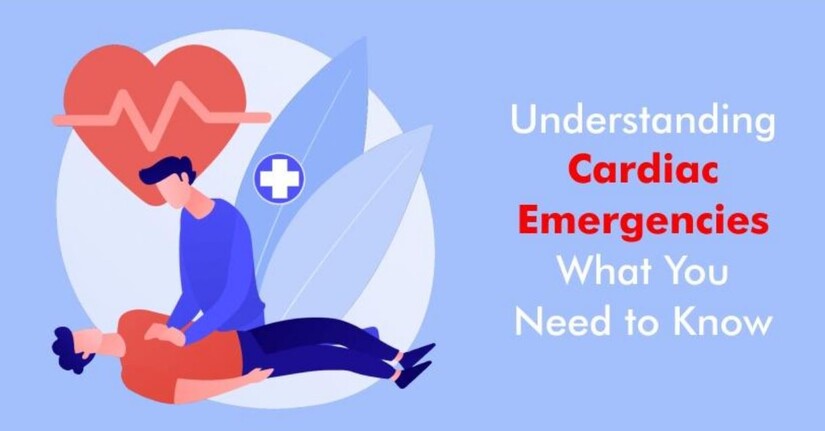Image


Supporters of the bill include the Vikings, the American Heart Association, and parents who've been impacted by serious or fatal cardiac events involving their kids.
SAINT PAUL, Minn. — A Senate committee heard testimony Monday about a proposal to require schools across Minnesota to implement Cardiac Emergency Response Plans, known as CERP, in order to prevent deaths related to sudden cardiac arrest.
Last session, the legislature approved a bill requiring the Department of Education to adopt plans at the state level, which schools could then use if desired. The bill sponsored this year by Sen. Bonnie Westlin (DFL - Plymouth), however, would go a step further by requiring the schools themselves to have written policies including how to respond to incidents, detailed information on where AEDs are located, and more staff training.

The bill has support from a number of organizations, including the Minnesota Vikings, the American Heart Association , and the Patrick Schoonover Heart Foundation.
The Patrick Schoonover Heart Foundation, named in honor of 14-year-old Patrick who passed away during a hockey game in 2014 with two undetected heart defects, has screened more than 6,000 kids for heart conditions over the past decade. But Patrick's dad, Mike, said his foundation can't screen every kid in Minnesota and needs stricter requirements around Cardiac Emergency Response Plans for schools.
"I don't think people think about this enough. Sudden cardiac arrest is the number-one killer in the United States. We should be planning for it," Schoonover said in an interview before his testimony. "Those kids are scattered all over the place in the athletic field. We need to have a plan in place if one of them goes down."
In addition to Mike Schoonover, other parents who've been impacted by sudden cardiac arrest testified Monday, including Kelly Youland, whose three-month-old daughter survived a cardiac arrest event last spring.
"She is here before you now, meeting all of her age-appropriate milestones, because CPR was started almost immediately," Youland testified.

Senators from both sides of the aisle appeared interested in the proposal on Monday.
Republican Sen. Nathan Wesenberg called it a good bill and mentioned that he had a history of heart issues in his own family, while DFL Chair Sen. Steve Cwodzinski said the testimony made him realize that he received very little training on sudden cardiac arrest response over his three decades as a public-school teacher. The bill would provide $2 million in the upcoming budget cycle to help schools implement the plans.
However, there were some concerns raised Monday by Minnesota State High School League attorney Roger Aronson. In his testimony, he asked lawmakers to consider adding more flexibility in the bill for school districts, in terms of how to adopt their policies. He also said that a section of the bill that requires MSHSL to "ensure that a cardiac emergency response team is present at each interscholastic athletic activity" would not be feasible.
"We can't do that. We don't have the staff," Aronson said.

Still, Aronson promised to work with lawmakers to find common ground on the bill. Sen. Westlin, the bill sponsor, also said she will consult Republican Sen. Jeff Howe, who is working on similar legislation related to Cardiac Emergency Response Plans.
"We just need to get buy-in from everyone. One of the concerns is that it puts more responsibility on administrators at the school, and that type of thing," Schoonover said, "but this should be a really easy plan to make sure that our schools are covered, our kids are covered, and our adults are covered."
SOURCE: KARE 11